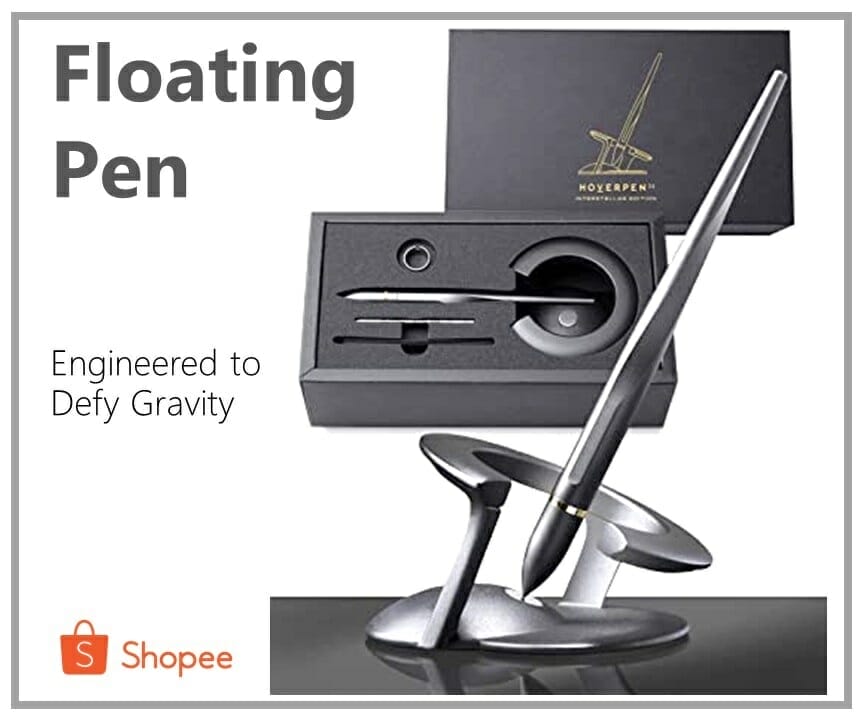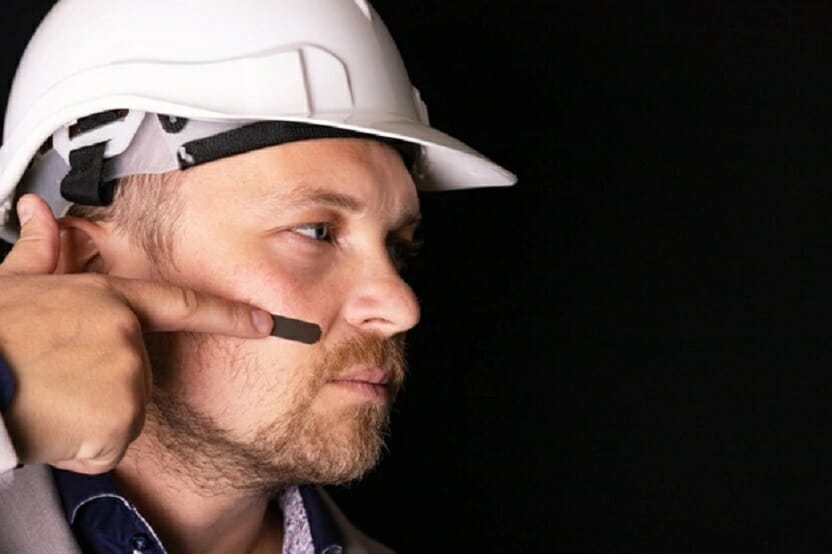Are you an engineer and suffering from quarter-life crisis?
Most engineers in their twenties to thirties experience this feeling of uncertainty that perpetuates in the heart and the mind. You wake up in the morning confused, misguided and hopeless, looking for answers without even knowing the questions. You seem to have lost purpose. It’s a situation that keeps you in a serious low point in your life. And you don’t know what to do about it.
You are raised by your parents and loved ones with guidelines. Growing up, you are dictated what to do about certain things and how to do them, from little things to the big ones. Until you have to go to school, still under the command of requirements and absorbed by an academic system. Soon you become an engineer. You are not as dependent as before, and you are in control of your destiny. You have become matured but lost in the transition. And that’s the problem: most engineers don’t know how to deal with this episode called quarter-life crisis, as you are fighting invisible, undefined monsters.

Life becomes an open end: free flowing and no direction. Everyday is a matter of survival in this phase of your life while figuring out how to deal with this internal search of being. Engineers ask, “Is this the career for me? Do I wholeheartedly believe that becoming an engineer is who I am? Am I really destined to do engineering?”
There’s actually an explanation backed with a study to say that this is actually normal. And you are not alone in this battle.
Dr. Oliver Robinson at the University of Greenwich detailed in his study entitled “Emerging adulthood, early adulthood and quarter-life crisis: Updating Erikson for the 21st Century” that this time of your life can be broken down into five main phases:
- Phase One: You feel trapped by your life choices, like your job, relationship, or both. You’re living on “autopilot.”
- Phase Two: You get a sense of “I’ve got to get out of this” and feel a growing sense that change is possible if you just take a leap.
- Phase Three: You quit the job, end the relationship, or break the commitment that’s making you feel trapped. Then you detach and enter a “time out” period where try to rediscover who you are and who you want to be.
- Phase Four: You begin rebuilding your life slowly but surely.
- Phase Five: You develop new commitments that are more in line with your interests and aspirations.
Moreover, he said that those people who really try are those affected by this life dilemma. If you’re an engineer who has the guts to do whatever it takes, who has the drive to conquer all challenges, who has strong ideals and definite goals but don’t know how and when to arrive at them, you are most likely to be more disappointed and confused about yourself than the others when you’re undergoing this quarter-life crisis.

So how does one really survive this process?
Since it is imperative that engineers go through this at some point, you need to acknowledge where you are in the phases. Start from there.
Psychologists say that best and first thing to do if you’re feeling stuck and unhappy is to start talking to your friends to seek solidarity who might have felt the same way. It will give you some sort of therapy, also a foundation, that you’re in this together. It helps to know that you’re not alone.
This feeling is almost always about what’s inside of you and never what’s around you. By being more self-aware of how you feel, say and do – perhaps write a journal to record them all – management of such feeling will not be as difficult. You need to develop a healthy perspective on your life by evaluating what’s inside your mind.
It’s also important to stop pitying yourself. You are not your emotions – this is just a phase that you can get through. The target is to grow out of those phases and be able to live life like you’ve never lived it before.
If you have been enclosed in a metaphorical box and feeling locked in there for a long time, what do you do? Open that damn box. You can’t open it until you act on it. Don’t stay lonely and depressed.
Others treat quarter-life crisis with major, drastic changes in their lives. Some quit their jobs, end relationships, move to a new city. These actions are not actually tapping out – if it’s really meant to be – but more of a brave transition of getting a new perspective. But fair warning: it doesn’t always work. Engineers need to do some proper assessment if it’s the best thing to do. Although yes, it is an option.

There are cases when engineers tend to compare themselves with the others, especially those friends and colleagues at work who appear to be above you in terms of success. It creates an air of jealousy that deteriorates your own career path. Tip? Don’t mind if they have more visible success than you do. If I know, they’re also undergoing the same struggles as you are but choose to divulge on keeping themselves better. Obsessing on their feats and possessions over yours only make you more miserable. That’s their path. You have yours. Always focus on your career as an engineer and not the others’.
Unfortunately, quarter-life crisis can happen more than once between twenties and thirties if you lost yourself somewhere along the phases. You feel like you’ve gone back to Phase One, because something has made you feel that way again. The solution to this is manage expectations and not let the unrealistic ideas corrupt your mind. You should think “I’m where I’m supposed to be right now” instead of “I’m not where I’m supposed to be.”
Be patient. It’s not an overnight treatment to deal with quarter-life crises. Take it one step at a time. You can’t fix it all in just a snap of a finger. If you’re over with the difficult phases and you’ve find yourself okay, this is the time to manage plans on what’s ahead – but keep it realistic enough that you won’t be stressing yourself on the same crisis in the future. Or else you will be forever stuck.














